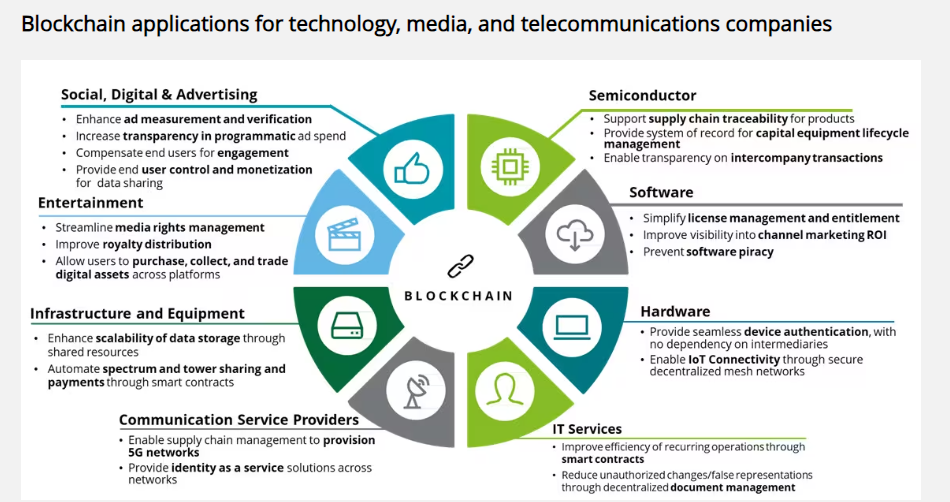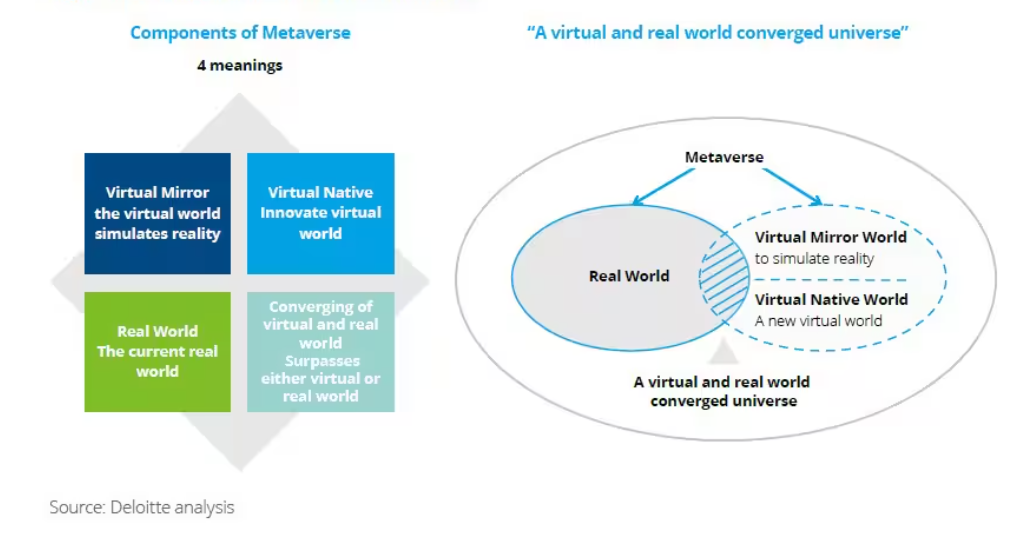Introduction
HRtech trends are equally substantive if you require digitalization of your HR department or are likely to begin your startup integrated with the HR tech domain. Technology has been overtaking every department owing to its advancements and adaptive features. The HRtech industry is all set to revolutionize the world and undergo a remarkable transformation. With the integration of cutting-edge technologies and innovative approaches, HR departments are well-equipped to manage, retain, and attract talent effectively. Technology has been the main base of most industries.

Top 10 Technologies To Boost The HRtech Domain
HR technology is going to shape the entire industry. The first step in improving the system is measuring the outcome. Organizations are becoming aware of the employee’s expectations by adopting various technologies. However, the industry is still going to take a jump due to the integration of various technologies, such as:
#1. Artificial Intelligence (AI)
AI is going to revolutionize the entire HR department process. How they operate, collect data, recruit, on-board, and everything. AI is a change like HR technology fundamentally. For instance, the automation of resume screening and candidate sourcing adds more efficient recruitment processes. Analytics are also possible through AI, allowing predictions about employee performance and engagement, and the HR departments can make data-driven decisions to pre-empt issues. Besides recruitment, AI is now complementing employee onboarding and employee engagement processes. AI-related platforms can potentially tailor experiences and create an immersive learning condition through continuous learning.
Read HR Tech Blog: Top 10 Tips To Use HRtech For An Integrated Payroll & Hiring Process
#2. Blockchain
Blockchain technology can add very high value to the HR tech domain by creating a permanent and immutable ledger of employee data that would ensure integrity and exclude tampering in the status. Blockchain can also create added security over sensitive employee information by protecting that data through encryption from unauthorized access. Currently, in terms of payroll processing, blockchain can automatically execute a payment, reduce errors, and prevent fraud attacks. For example, smart contracts can enforce terms and conditions related to payment so that accuracy can be realized in timely payments. Moreover, because blockchain is decentralized, it does become relatively difficult for fraudsters to manipulate payroll data.

#3. Internet of Things (IoT)
IoT can revolutionize HR tech by offering real-time data and insights into the workplace. IoT may connect devices and sensors to track the movement of employees, monitor environmental conditions, and meter productivity metrics. Through this data, one will be able to optimize workplace layouts for improved efficiency in one’s workplace, improve the well-being of employees, and maintain optimum levels of efficiency. Also, IoT will allow for more flexible work, as employees can be reached and connected to their workplaces via smart devices, improving their flexibility and work-life balance while saving on the costs linked with physical office spaces.

#4. Social Media Platforms
Social media platforms can play a vital role in boosting HR tech by offering a powerful tool for employee engagement, talent acquisition, and employer branding. Many employers use social media for branding, to attract top talent, build strong employer brands, and foster a sense of community within employees. Moreover, social media platforms can also be used to gain valuable insights about employees’ emotional and physical well-being.
Read HR Tech Blog: Top 10 HRtech Tools For Team Engagement
#5. Advanced Cybersecurity
Owing to the advancements of AI and remote working, data security has become a viable concern for the organization. Remote work comes with security risks and the lack of cybersecurity awareness may poise to be a major factor contributing to this concern. As hybrid and remote work adoption continues, HRtech needs to work in tandem with the IT department to draft a set of advanced remote-working employees. HRs may also need to conduct cybersecurity training and convince management about its usefulness.

#6. Learning Management Systems (LMS)
The adoption of LMS is increasing as organizations offer training and development programs to their employees with the help of a centralized cloud-based system. Organizations can develop multiple courses from scratch by using the LMS’s modules, uploading e-learning materials, assigning course instructors, and including assignments and tests. LMS also allows employees to begin training from anywhere in the world at any time. LMS can help you in various trainings such as:
- Onboarding training
- DEI training,
- Compliance training
- Soft skills training
#7. Advanced Analytics
Advanced analytics will revolutionize the HRtech domain by providing data-driven insights to improve HR processes and outcomes. By utilizing sophisticated techniques such as Predictive Analytics, Machine Learning, and natural language processing, HR professionals can better understand their workforce. Advanced analytics can be used in Talent acquisition, employee engagement, employee retention, performance management, compensation, and benefits.
#8. Metaverse in HRTech
Metaverse plays an important role in all the industries. Metaverse in HRtech will help facilitate the integration of VR (Virtual Reality) into HR practices. It also includes overseeing virtual reality in onboarding and remote onboarding processes. Metaverse will also help develop virtual training and development programs to foster a sense of belonging and virtual community. Additionally, it can also navigate challenges of data privacy and security and adapt HR policies. Metaverse and HR will go hand in hand like partners, complementing each other.

Visit HR Tech Blog: How HRTech Will Assist In Forming A More Inclusive Workplace
#9. Cloud
The adoption of cloud-based HR systems is likely to boost the HRtech domain as it offers a plethora of benefits such as:
- Scalability
- Flexibility
- Heightened security compared to on-premise solutions
Integrating the cloud with other business systems, such as finance and operations, offers a comprehensive landscape. However, when it is integrated with HR systems, it ensures that organizations are well-equipped with the latest technology and functionalities. Implementing cloud computing in HR to improve accessibility and availability will boost the HR tech domain in the future.
#10. ATS (Application Tracking System)
Before integrating ATS into your go-to HR tools, assess your current HR tech stack and understand your organization’s goals and needs. When an organization effectively integrates an ATS into the HR technology stack by evaluating compatibility with the existing systems and ensuring seamless integration of data. Additionally, the rising demand for data-driven decisions increases the recognized value of ATS analytics.

Evolution of HRtech
The evolution of the HRtech domain will transform HR professionals into strategic partners responsible for driving business growth. From manual record-keeping to cloud-based systems, from offline recruitment to online recruitment, technology has streamlined multiple processes. It has empowered HR professionals to come up with data-driven decisions. The future of HRtech lies in walking along with technology such as AI, ML, and cloud-based systems.
To share your insights, please write to us at news@intentamplify.com



